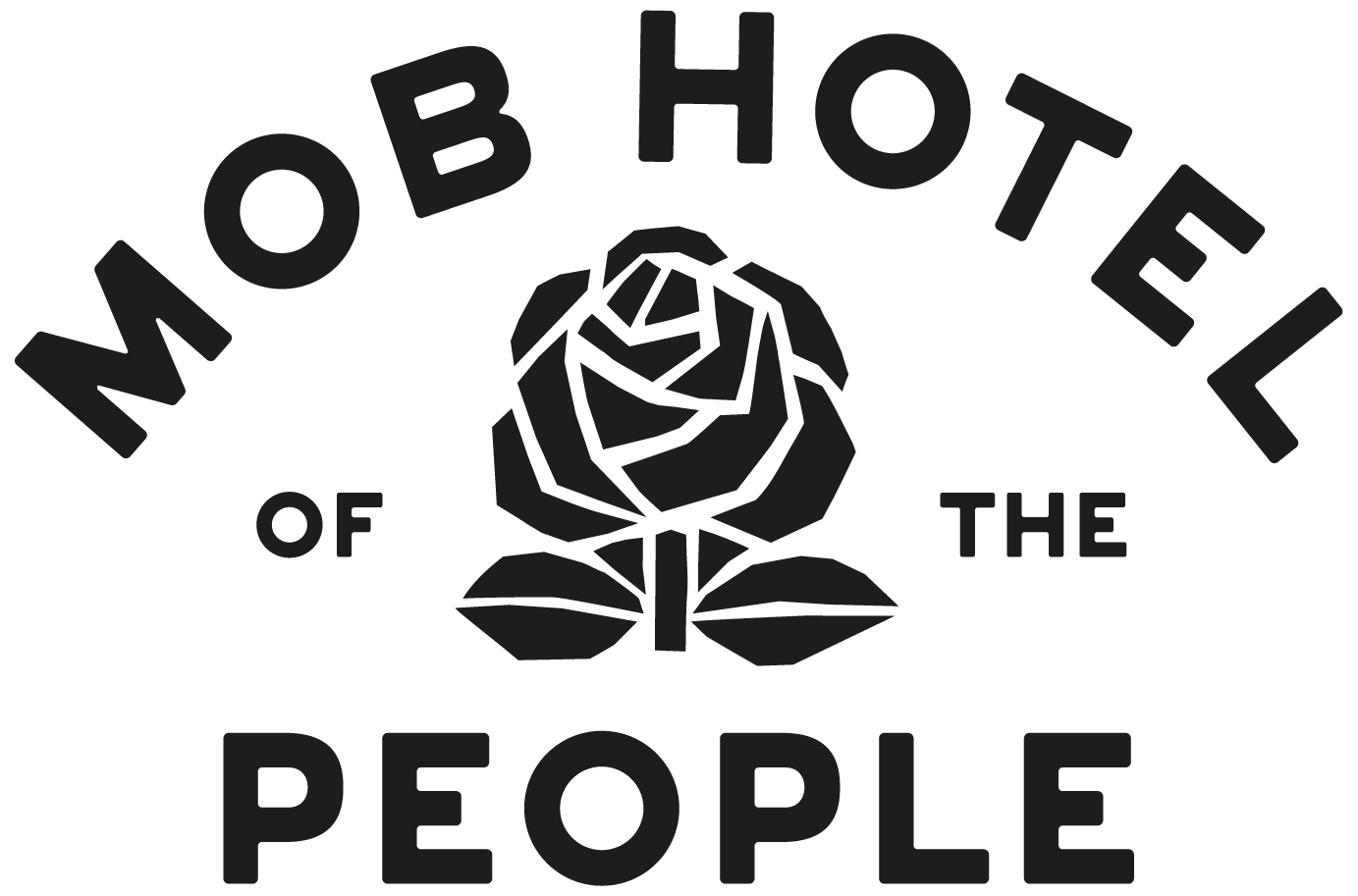

MOB REPUBLIC

Île-de-France, France
February 2025
Accommodation
Service with Significant Environmental Footprint
France
MOB Hôtel est un groupe hôtelier français né d’une vision alternative de l’hospitalité. Alliant artisanat, culture et engagement social, MOB Hôtel et MOB House proposent bien plus qu’un hébergement : un lieu de vie, de rencontre et de création, profondément ancré dans son environnement. Avec une programmation événementielle riche, une attention particulière au bien-être des équipes et un engagement écologique sans compromis, MOB Hôtel redéfinit les standards du secteur hôtelier à l’heure du durable. Un véritable mouvement porté par Cyril Aouizerate, Président Fondateur. MOB Hôtel is a French hotel group born of an alternative vision of hospitality. Combining craftsmanship, culture and social commitment, MOB Hôtel and MOB House offer much more than accommodation: they are a place to live, meet and create, deeply rooted in its environment. With a rich program of events, particular attention to team well-being and an uncompromising commitment to the environment, MOB Hôtel is redefining the standards of the hotel industry in the age of sustainability. A true movement driven by Cyril Aouizerate, President and Founder. Translated with DeepL.com (free version)
Overall B Impact Score
Governance 17.4
Governance evaluates a company's overall mission, engagement around its social/environmental impact, ethics, and transparency. This section also evaluates the ability of a company to protect their mission and formally consider stakeholders in decision making through their corporate structure (e.g. benefit corporation) or corporate governing documents.
What is this? A company with an Impact Business Model is intentionally designed to create a specific positive outcome for one of its stakeholders - such as workers, community, environment, or customers.
Workers 43.8
Workers evaluates a company’s contributions to its employees’ financial security, health & safety, wellness, career development, and engagement & satisfaction. In addition, this section recognizes business models designed to benefit workers, such as companies that are at least 40% owned by non-executive employees and those that have workforce development programs to support individuals with barriers to employment.
What is this? A company with an Impact Business Model is intentionally designed to create a specific positive outcome for one of its stakeholders - such as workers, community, environment, or customers.
Community 31.2
Community evaluates a company’s engagement with and impact on the communities in which it operates, hires from, and sources from. Topics include diversity, equity & inclusion, economic impact, civic engagement, charitable giving, and supply chain management. In addition, this section recognizes business models that are designed to address specific community-oriented problems, such as poverty alleviation through fair trade sourcing or distribution via microenterprises, producer cooperative models, locally focused economic development, and formal charitable giving commitments.
What is this? A company with an Impact Business Model is intentionally designed to create a specific positive outcome for one of its stakeholders - such as workers, community, environment, or customers.
Environment 21.6
Environment evaluates a company’s overall environmental management practices as well as its impact on the air, climate, water, land, and biodiversity. This includes the direct impact of a company’s operations and, when applicable its supply chain and distribution channels. This section also recognizes companies with environmentally innovative production processes and those that sell products or services that have a positive environmental impact. Some examples might include products and services that create renewable energy, reduce consumption or waste, conserve land or wildlife, provide less toxic alternatives to the market, or educate people about environmental problems.
What is this? A company with an Impact Business Model is intentionally designed to create a specific positive outcome for one of its stakeholders - such as workers, community, environment, or customers.
Customers 4.3
Customers evaluates a company’s stewardship of its customers through the quality of its products and services, ethical marketing, data privacy and security, and feedback channels. In addition, this section recognizes products or services that are designed to address a particular social problem for or through its customers, such as health or educational products, arts & media products, serving underserved customers/clients, and services that improve the social impact of other businesses or organizations.
What is this? A company with an Impact Business Model is intentionally designed to create a specific positive outcome for one of its stakeholders - such as workers, community, environment, or customers.